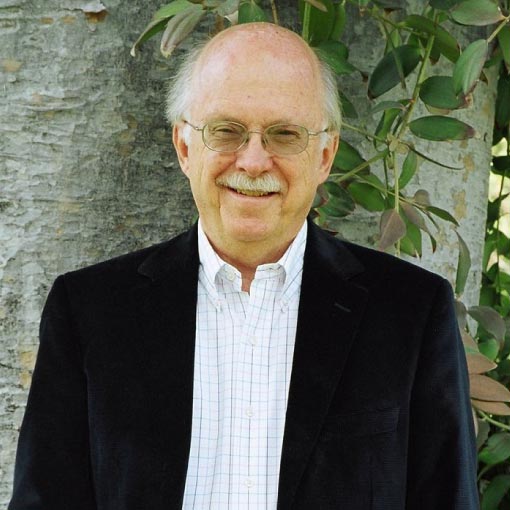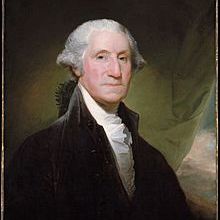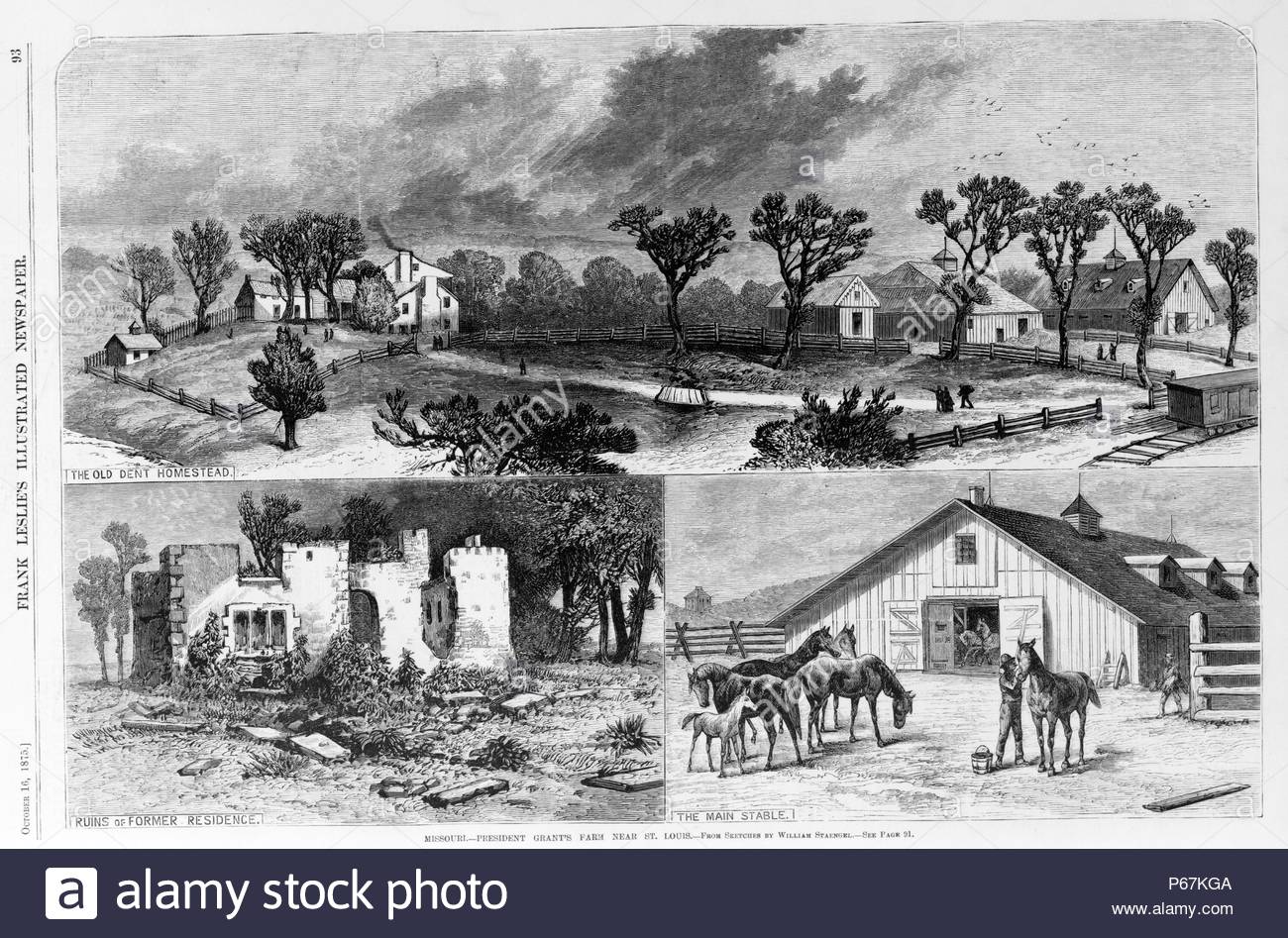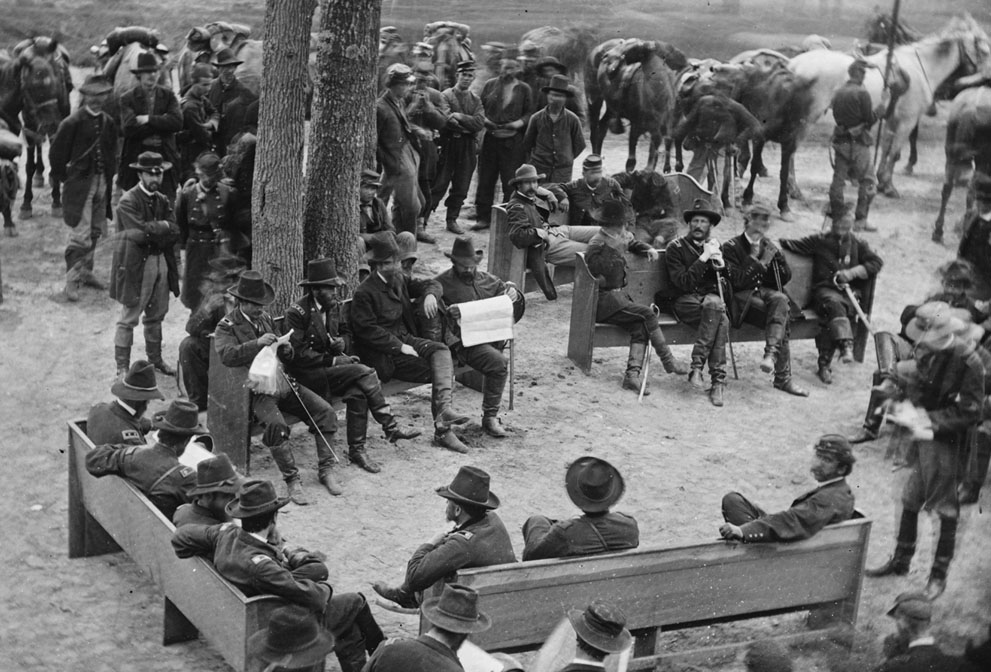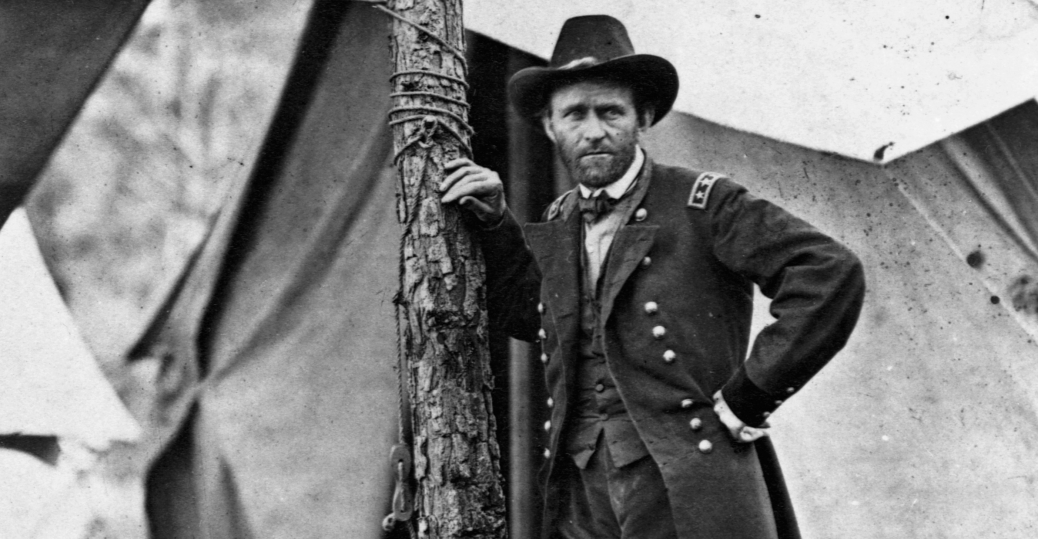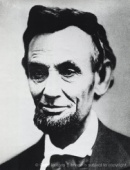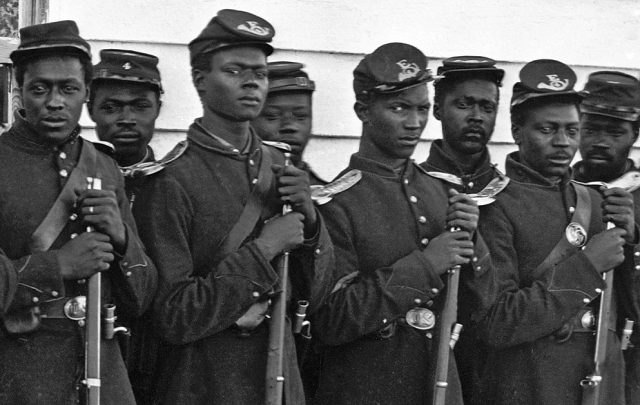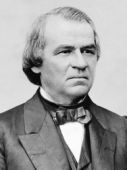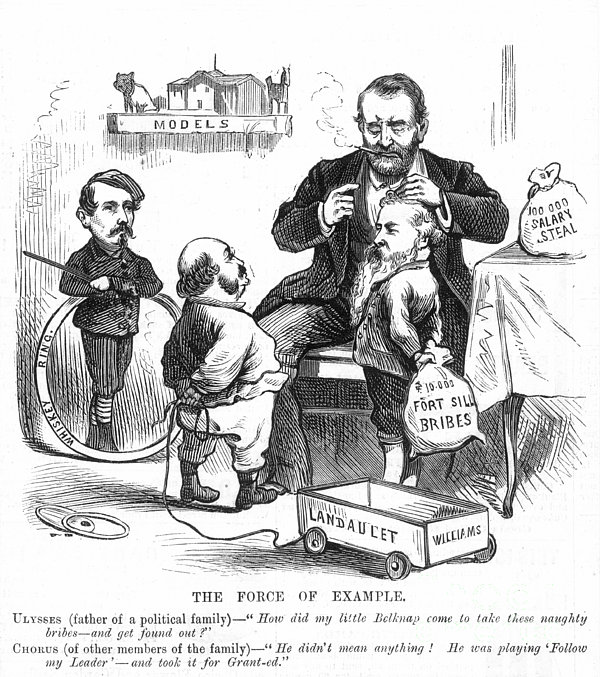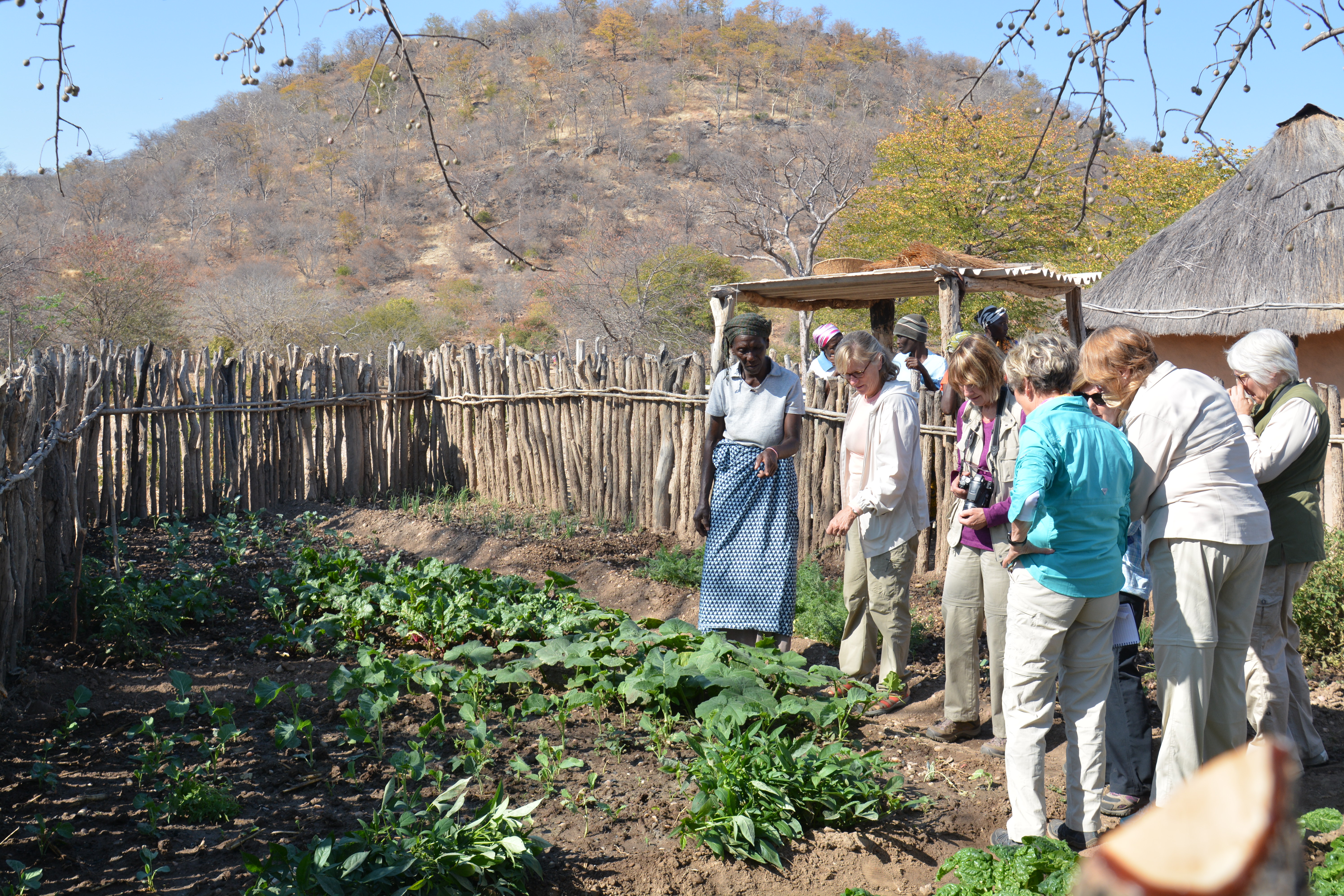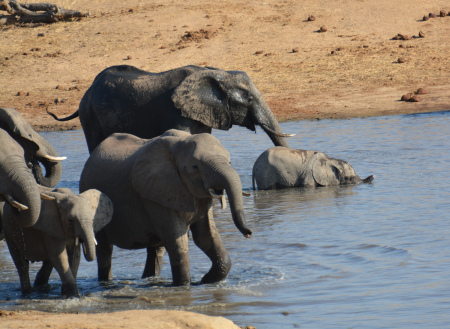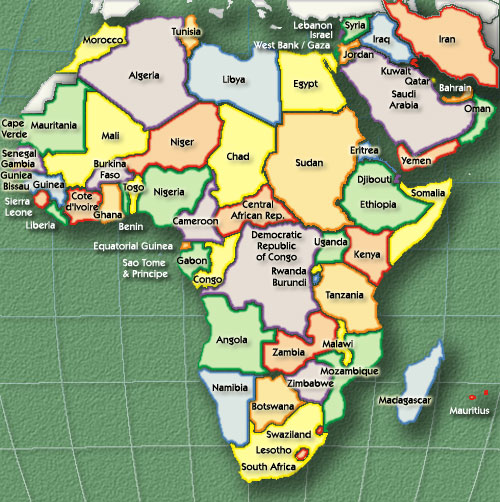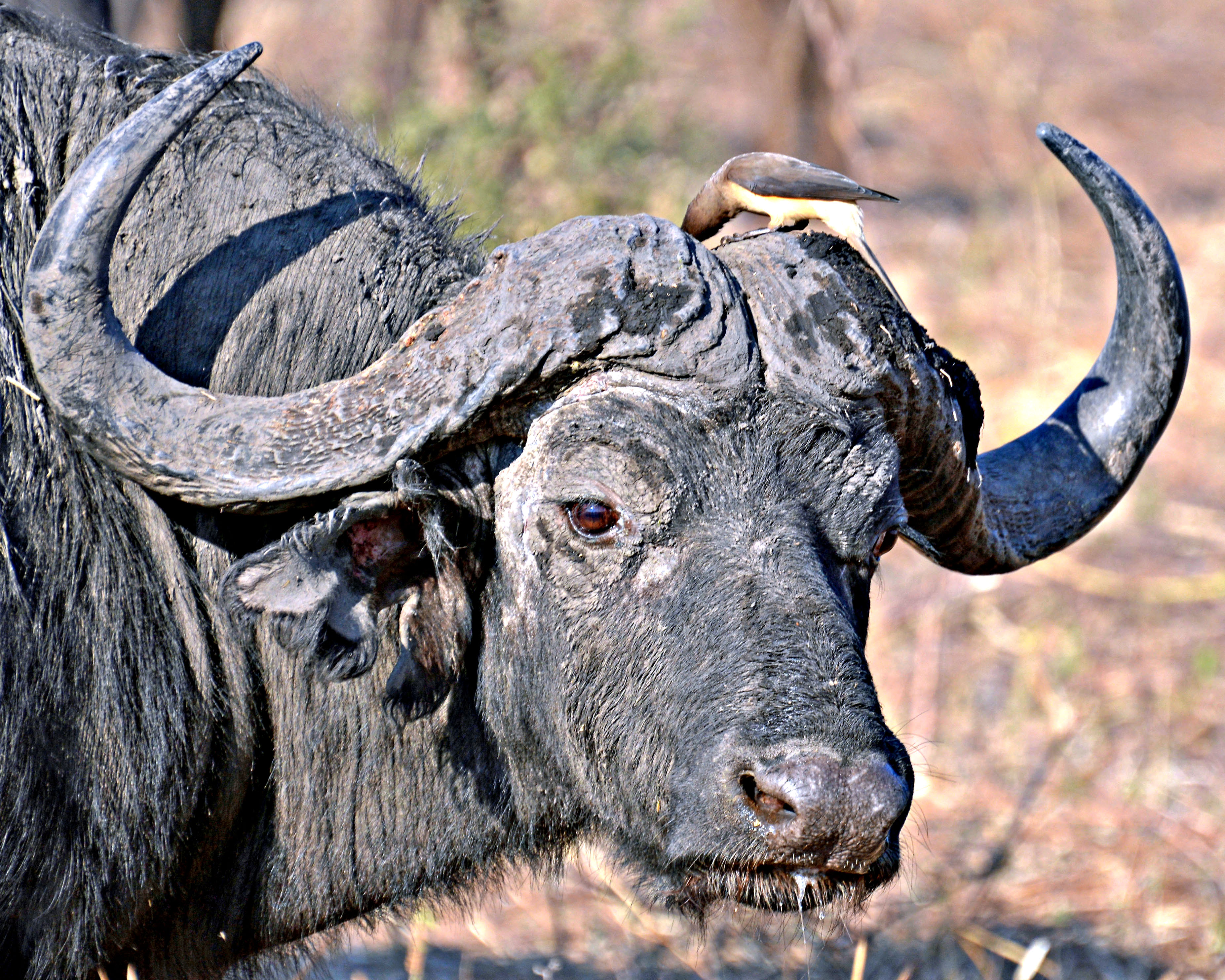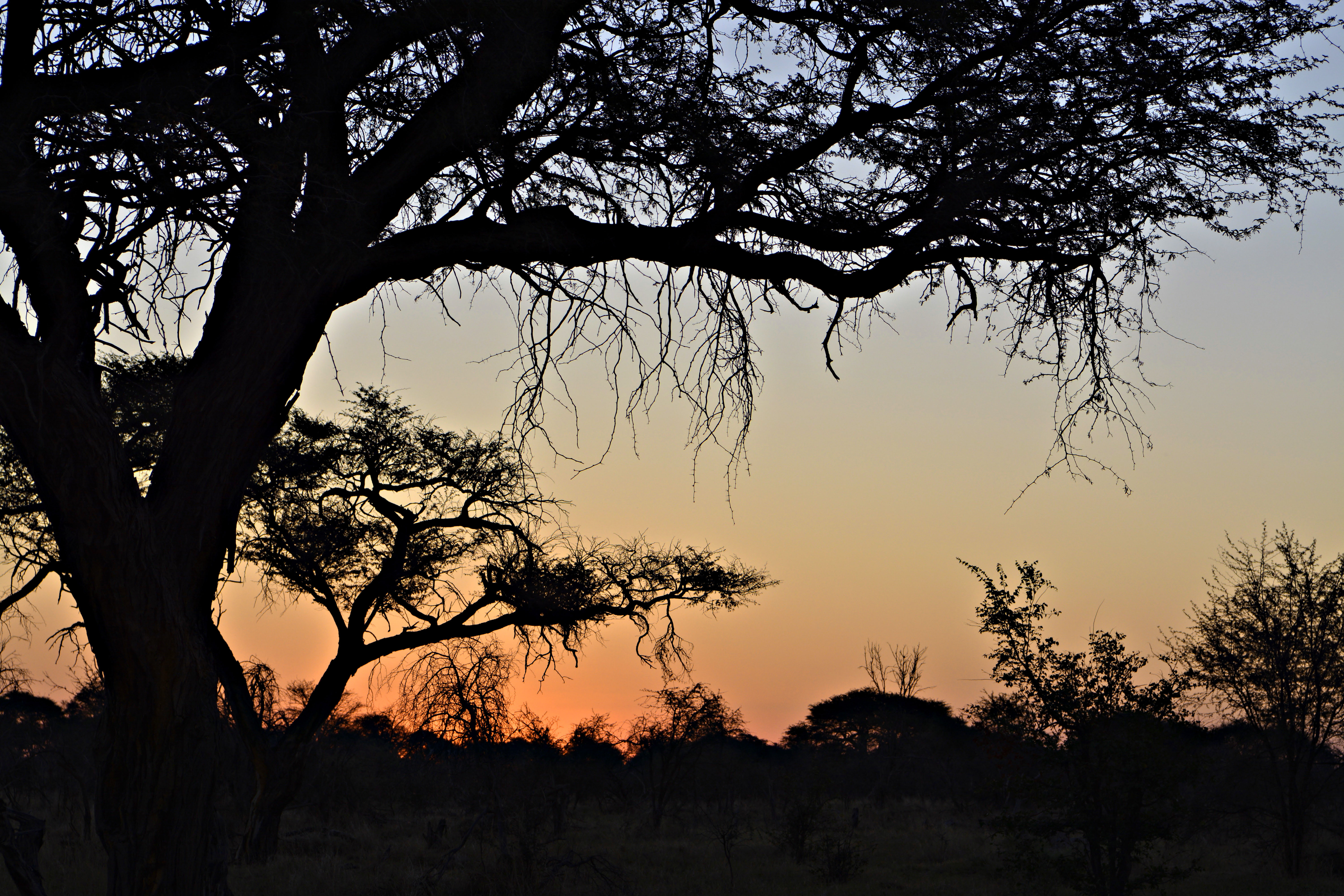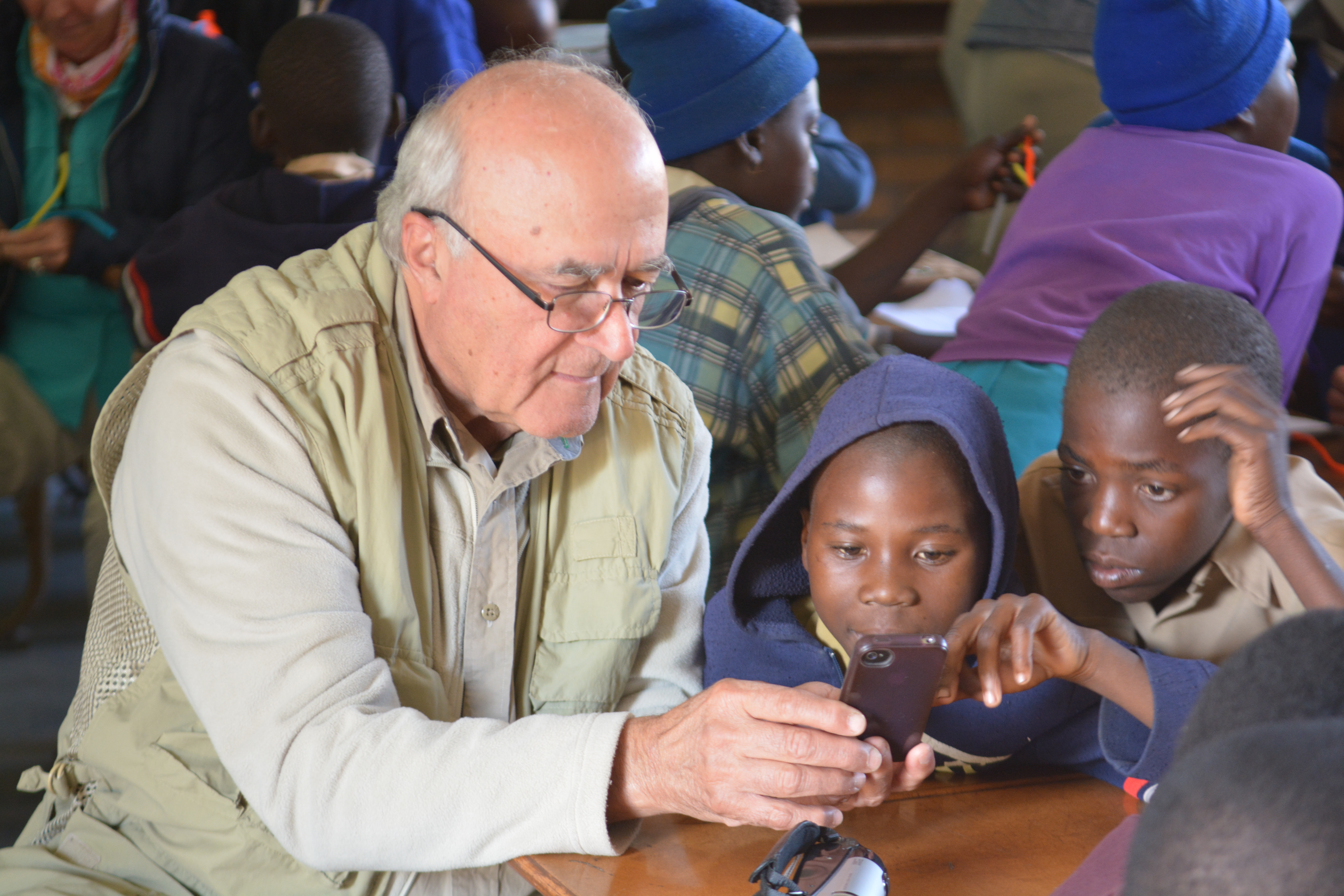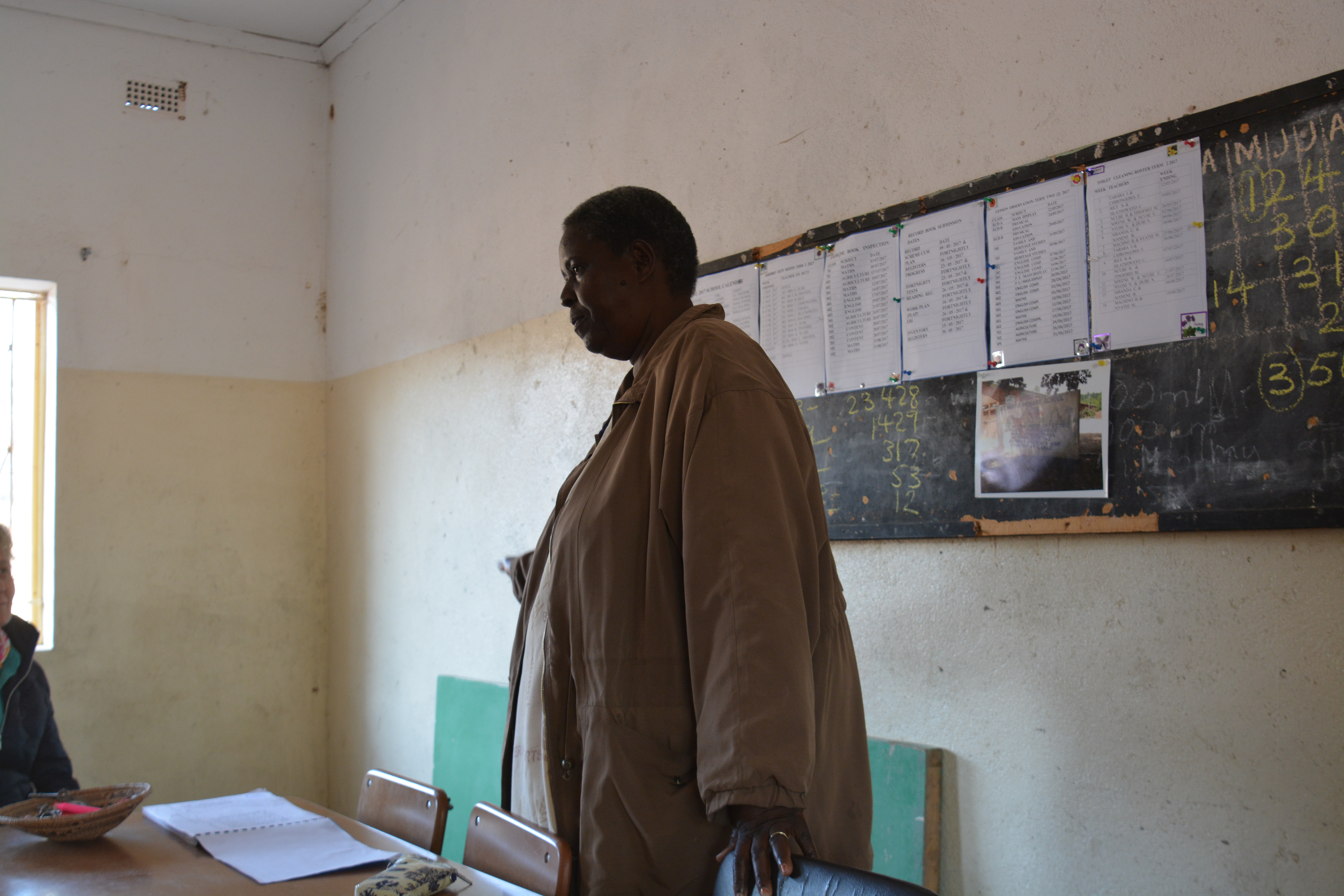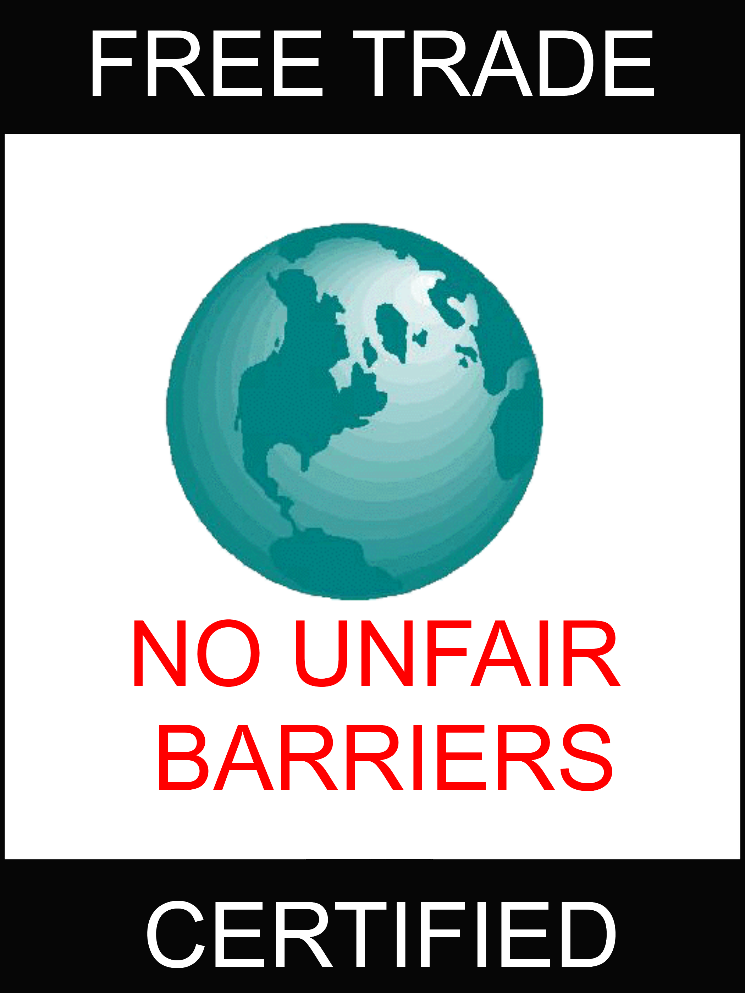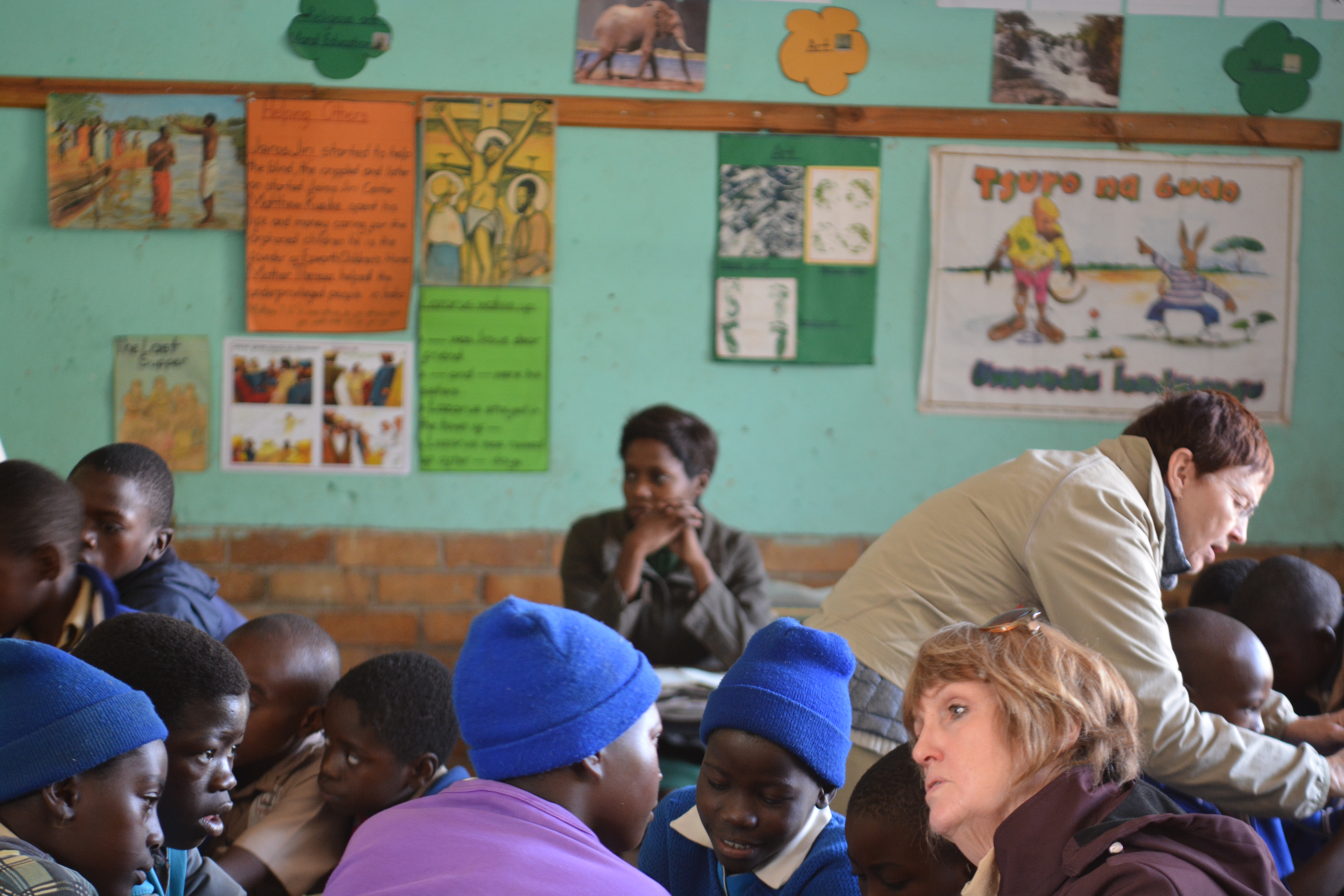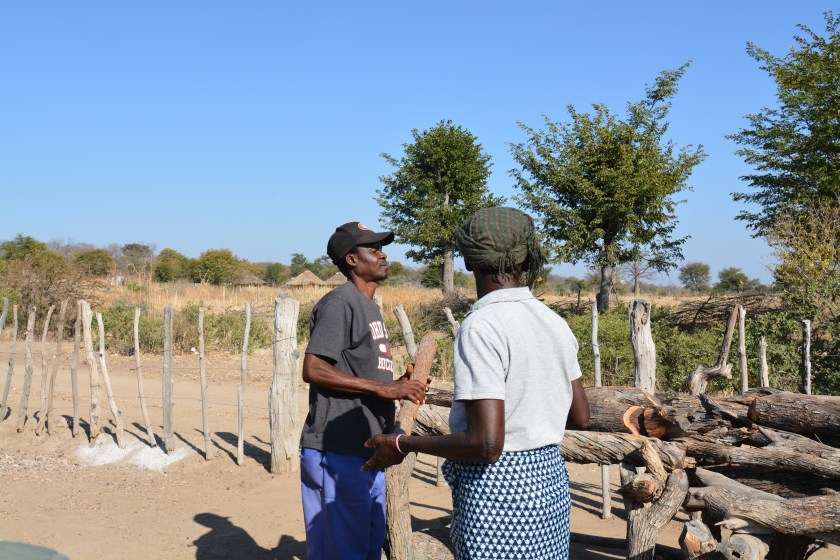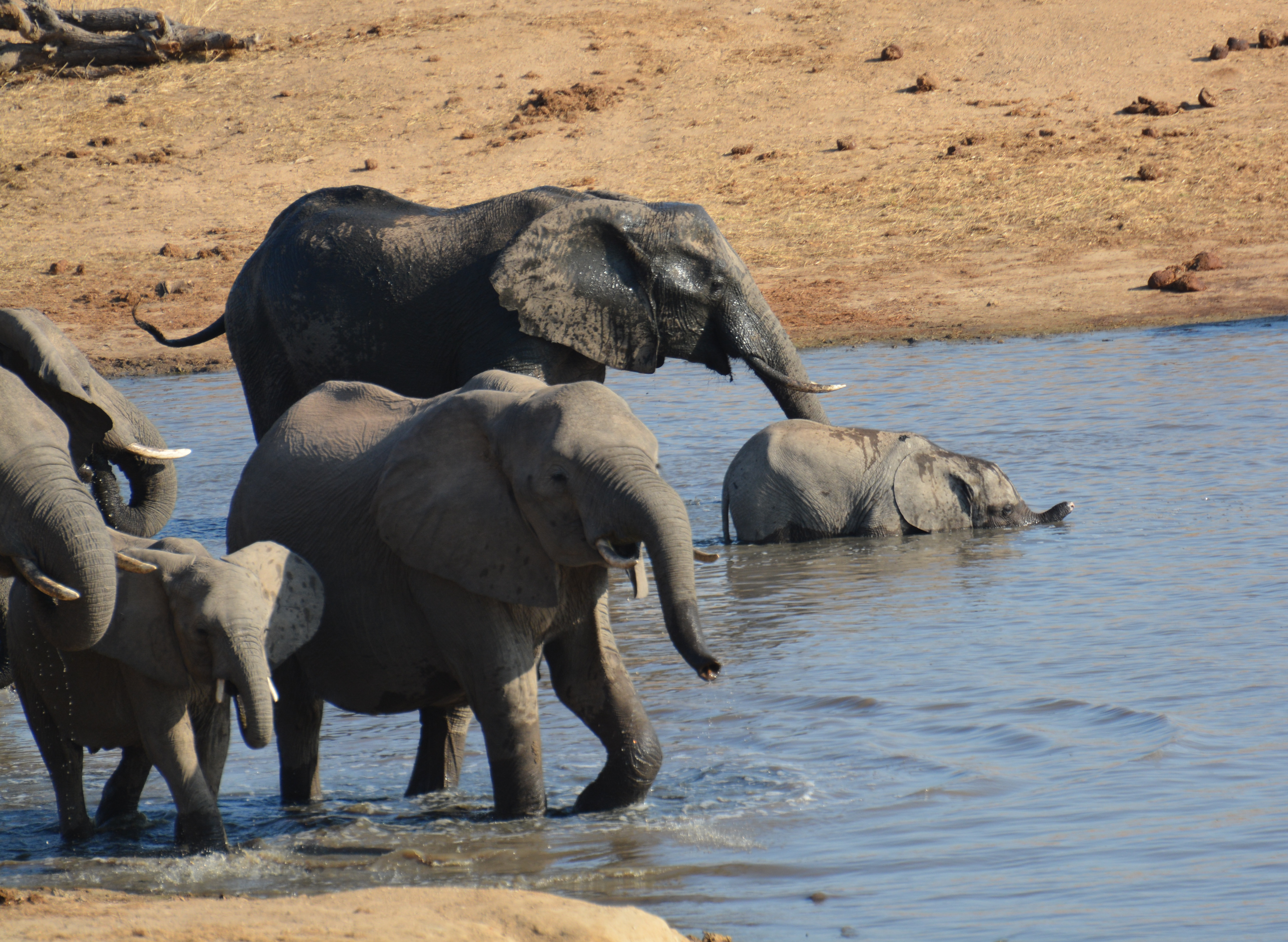Audio-book Review
By Chet Yarbrough
(Blog:awalkingdelight)
Website: chetyarbrough.blog
The Great Ideas of Philosophy
Written by: The Great Courses
Narrated by: Professor Daniel N. Robinson
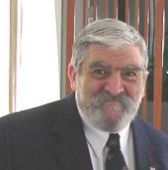
DANIEL N. ROBINSON (DISTINGUISHED PROFESSOR EMERITUS OF PHILOSOPHY AT GEORGETWON UNIVERSITY)
A conclusion that might be drawn from Professor Robinson’s history of philosophy is–Amy Coney Barrett’s religion cannot be a basis for dismissal from U.S. Supreme court nomination. To Robinson, a judge’s deliberation is based on living life in a world where science and religion are compatible.
God is not dead in Professor Daniel N. Robinson’s erudite and entertaining survey of “The Great Ideas of Philosophy”. Robinson’s choice and interpretation of philosophical ideas infers there is no contradiction of science in religion except in ignorant interpretation of one or the other.
In Robinson’s “Great Courses”, science and religion represent a marriage of necessity. Atheists, religious scholars, skeptics, and scientists may be appalled but Robinson implies nothing in religion or science contradicts creation, evolution, free will, or an omniscient and omnipresent God. Robinson concludes that it is beyond the ken of the human mind to approach an experimentally provable explanation of a prime mover; i.e. a source from which something came from nothing.
Robinson reviews the course of philosophy from the ancient Greeks to selected present-day philosophical ideas. He argues that science and religion explicate and complement knowledge of existence. Early heroes of philosophy range from Homer to Hippocrates to Aristotle. With storytelling and explanations of Stoic and Epicurean ideological movements, Robinson lays the foundation for philosophy’s growth.
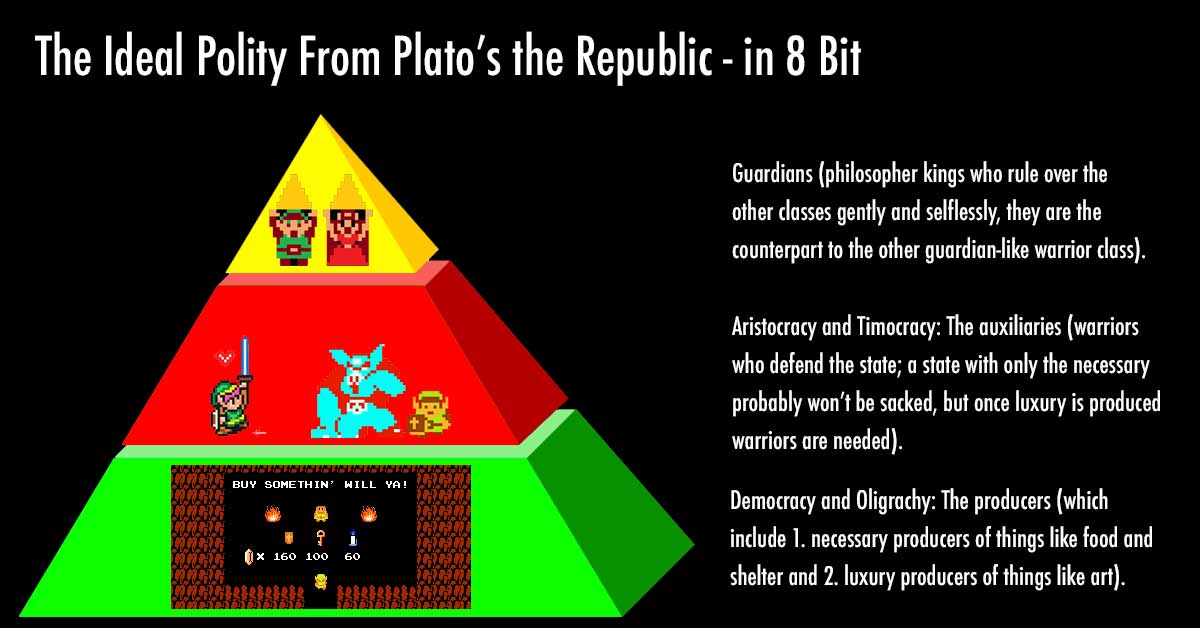
Robinson recounts Homer’s tragic and triumphant stories of ancient wars, the medical philosophy of Hippocrates, and the testaments of Plato’s politics and Aristotle’s science. He credibly and creatively builds the foundation of philosophy. These great intellects pursue explanations for the unknown origin and nature of things and beings. Each pillar rising from the foundation reveals more questions than answers but inevitably point toward life’s purpose and understanding. Robinson argues that Aristotle is the first to develop a concept of scientific investigation through experimentation. 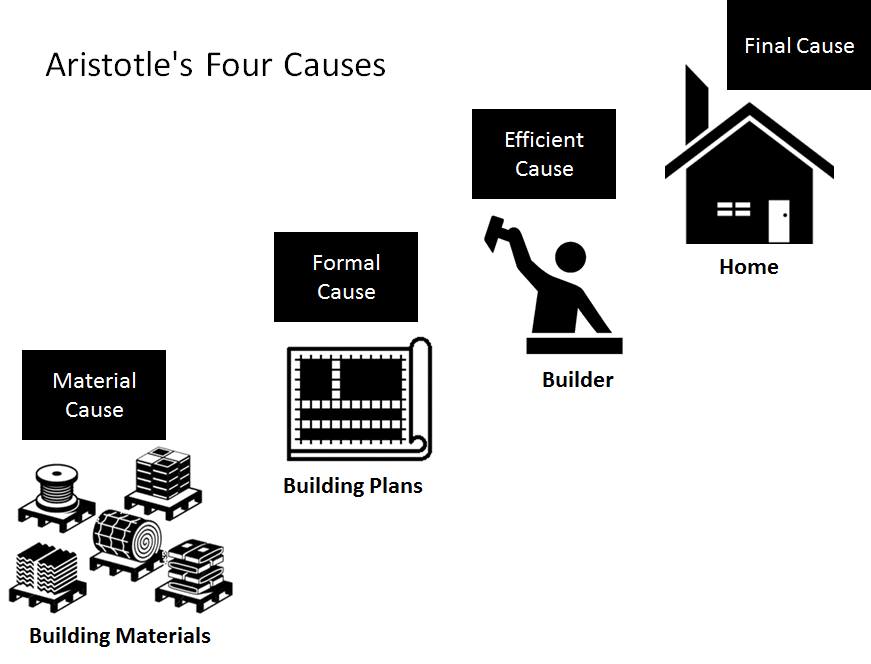
Aristotle owes some of the idea of science to Plato’s conceptualization of human nature in an idealization of a perfect city-state, or polis. One of “The Great Ideas of Philosophy” begins with Plato’s “Republic”. The scientific principle of Plato’s “Republic” is in investigating something bigger (the polis in this instance) to understand the nature of individual beings. It is a method of science for understanding the details of nature’s order by investigating a singular life within a social framework of something bigger. A city-state, the polis, is defined and idealized in Plato’s book.
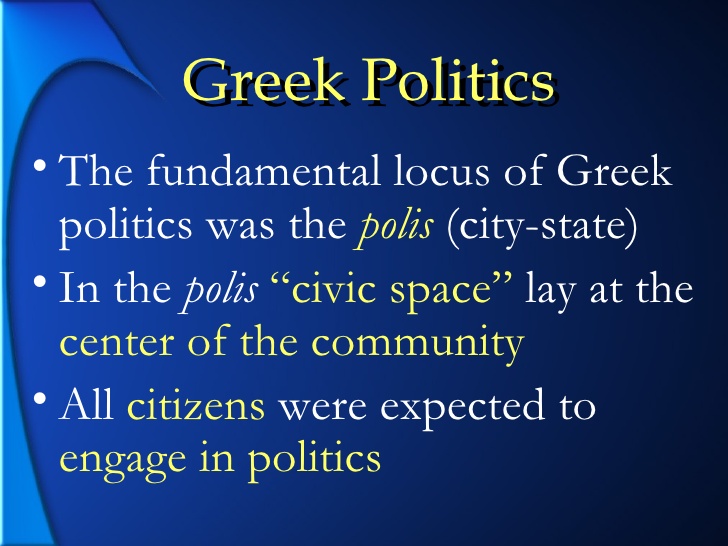
Plato explains some citizens are born as warriors, as builders, as merchants, as slaves, and a few as philosopher Kings; each contributes to the well-being of a city-state. The whole is greater than its parts but each part is benefited by the whole. Every individual in a city-state, like every organ in the body, has a purpose based on what he/she does best. Plato’s “Republic” categorizes members of the Polis into functional groups based on virtue. Virtue is defined as being the best at what one does in their category of birth.

Robinson notes that the Socratic method of investigation comes from stories written by Plato. These stories are a precursor to Stoic philosophical development. Plato’s story of Socrates’ choice of death and his idealization of government in “The Republic” remove passion from decision-making. Virtue comes from dispassionately assessing the human condition and responding with a wisdom based on belief in justice, rule-of-law, and temperance. Aristotle expands on these ideas in the “Nicomachean Ethics”.
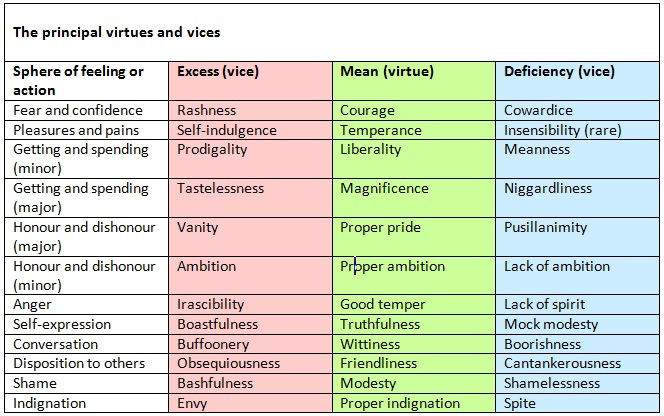
PRINCIPLES OF THE NICOMACHEAN ETHICS
Plato’s parable of the cave in which humankind is chained; facing a wall and seeing only shadows of reality, exemplifies the difficulty of clearly knowing the truth of nature. Only in removing those chains can one begin to see and understand reality. As Plato’s story goes, those who see the truth are unable to convince those who remain in the cave. It is a story that is repeated in history as science progresses with fits and starts because of resistance from those who remain chained. Science progresses as experimental proof removes the doubts of the cave dwellers. However, Robinson notes that even when the truth is experimentally proven, doubt remains. He notes Karl Popper’s observation that infinite experimentation is impossible; therefore truth, at best, is a probability; not a certainty.
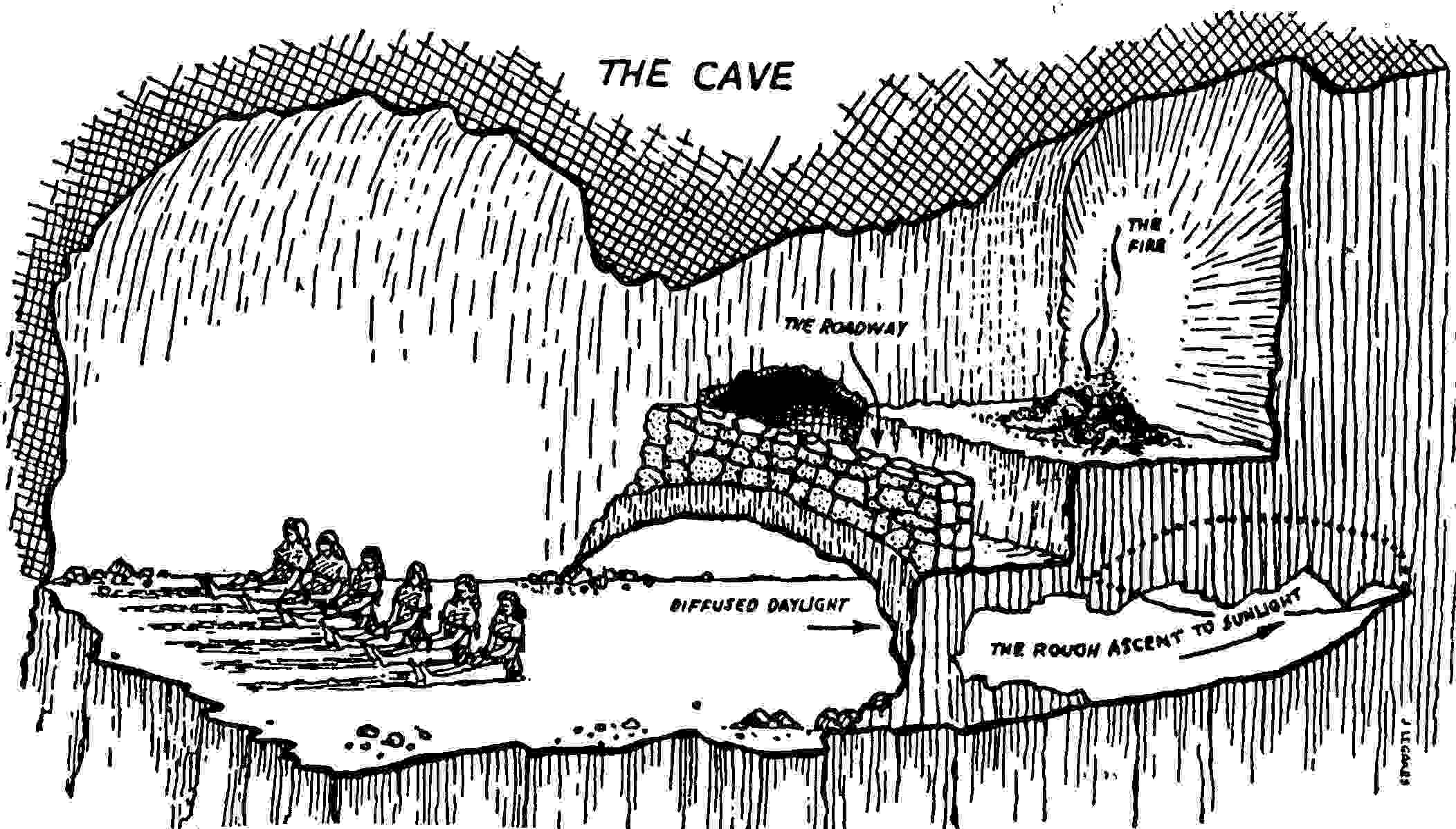
Robinson explains that the Stoic movement provides a bridge for religion to enter the secular life of the Roman Empire. The principles of Christianity provide a foundation for law within the Roman Empire. In offering a philosophical basis for dispassionate adjudication, Christianity becomes an essential part of Roman hegemonic influence.
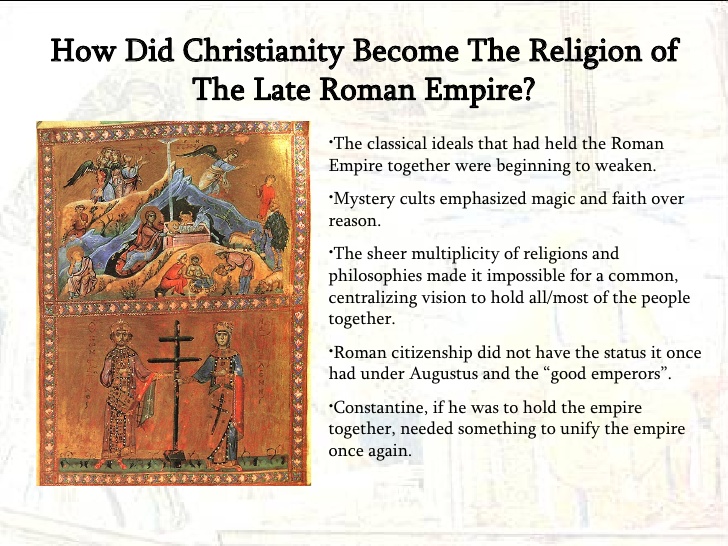
The discipline of religion and law leads to the creation of the university, a citadel of teaching. The great religions of the world gravitate to this form of political and educational influence. Inquiring minds are stimulated in this environment.
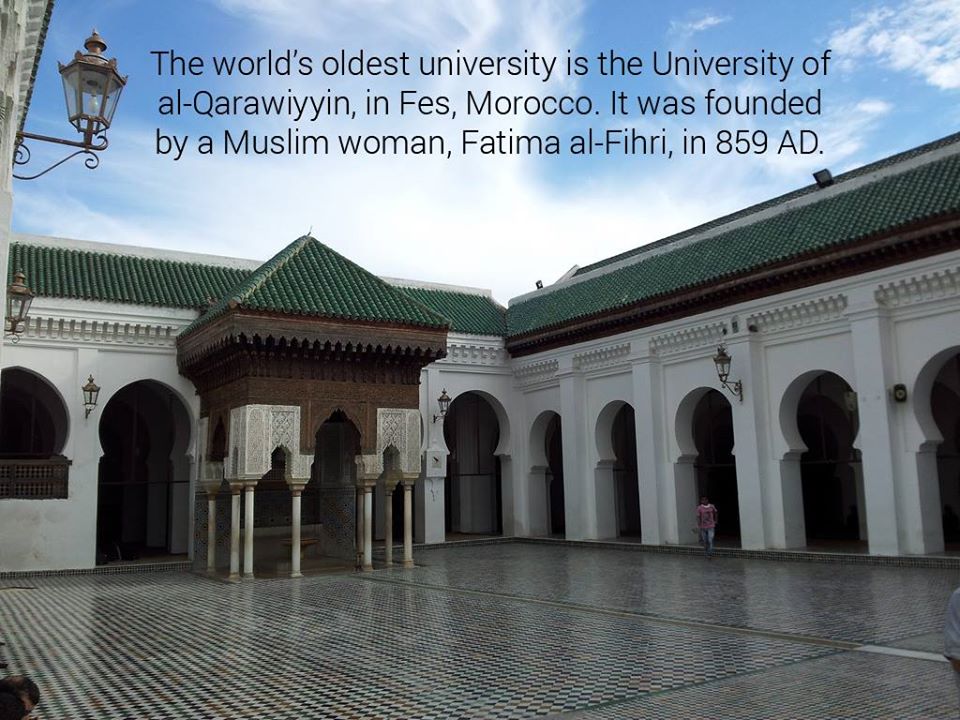
The principles of scientific investigation reappear with a stoic influence that moves humanity to a more secular view of life and its purpose. Soon, the so-called Renaissance displaces the so-called Dark Ages. Robinson takes issue with these categories of history because he finds growth of human understanding in both eras. He also finds violation of human rights in both eras.
CHARLEMAGNE IMAGE (REIGN 12.15.800 TO 1.28.814, BORN 768, DIED 814)
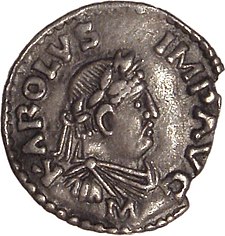
The Frankish Emperor Charlemagne is noted as a prominent leader during the “Dark Ages”. He sets the stage for a modern Europe. The Magna Carta is created to reduce the monopolistic power of European monarchs.
Robinson suggests the seeds for Enlightenment are sewn during the “Dark Ages”. Influential monks like Benedict of Nursia became a model for most Western monasteries that dictated the lives of congregations. Giant strides in science and math were made in the Islamic world during the “Dark Ages”. Art and literature flourish during the rule of Charlemagne. The Agricultural Age and the development of community settlements is born in the “Dark Ages”.
The brutality of the “Dark Ages” does not disappear in the Renaissance. Though the Renaissance is characterized by great leaps in knowledge from men like Francis Bacon, Machiavelli, Galileo, Bruno, Montaigne, Hobbes, and others; witches were burned at the stake for being agents of the devil.
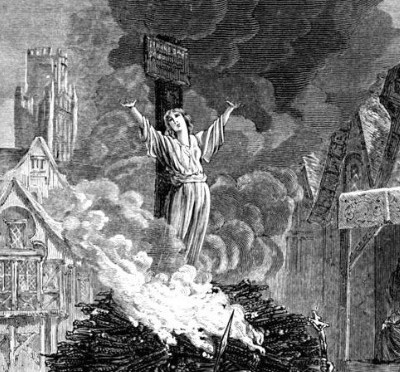
WITCH BURNED AT THE STAKE
Witch hunting and condemnation aside, these early Renaissance men set the stage for Descartes, Newton, Locke, Hume, Voltaire, Thomas Reid and others. Many of these Renaissance men are deeply religious; however, they explain the world and human nature in scientific terms.
The mysteries of life explained by religious fiat are systematically replaced by “I Think; Therefor I Am”, “We build too many walls and not enough bridges”, “The end of law is not to abolish or restrain, but to preserve and enlarge freedom”, or “There is no greater impediment to the advancement of knowledge than the ambiguity of words.”

Robinson suggests that the American Constitution is a document created from the progress of Philosophy that began with the Greeks and evolved through social experimentation; founded on religion and science.
He particularly refers to the Federalist Papers and the participation of Madison, Hamilton, and to a lesser extent, Jay in writing the Papers to convince the American public of the need for democratic government.
Washington’s and Jefferson’s contribution to the establishment of an American government is founded on the tenants of religion and science. Religion inculcated morality and ethics for equality and justice for all. Science inculcated past social experiments to create a government of checks and balances.
Robinson offers more contemporary philosophical change wrought by Kant, Hegel, William James, Wittgenstein, and Turing but all revolve around two essential philosophical ideas. One, know thyself, and two, recognize we are chained to a cave wall; with little hope of finding truth accepted by all.
These lectures are biased toward western civilization but they offer insightful commentary on where western progress came from; what it is, who shaped it, and where it may go.

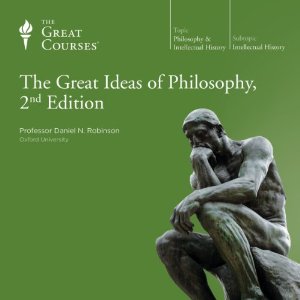
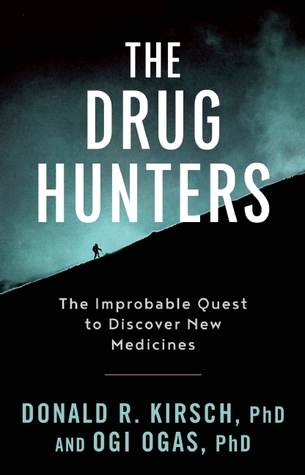

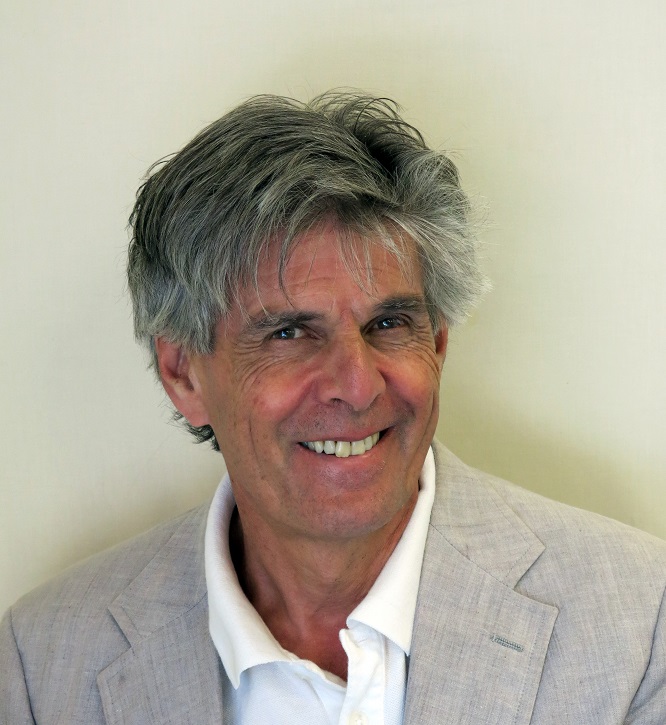



 So why do scientists, entrepreneurs, and corporations gamble on research? Because a win can make billions of dollars. Kirsrch and Ogas imply corporations are reducing their research departments and changing their mode of drug discovery by purchasing companies that have found new and effective drugs.
So why do scientists, entrepreneurs, and corporations gamble on research? Because a win can make billions of dollars. Kirsrch and Ogas imply corporations are reducing their research departments and changing their mode of drug discovery by purchasing companies that have found new and effective drugs.

